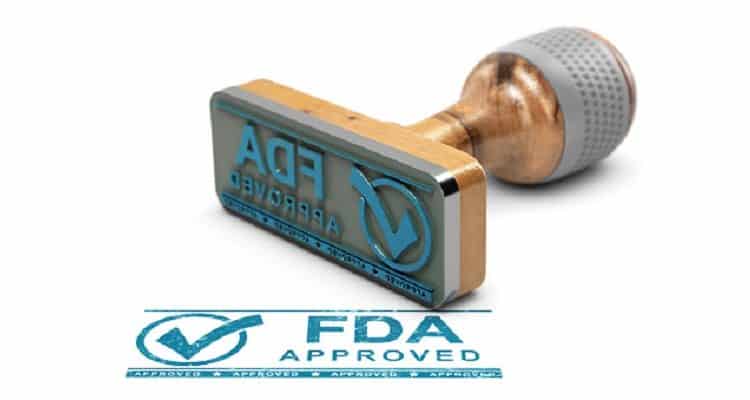Pfizer’s ABRYSVO RSV vaccine approved by FDA for broader adult use
The vaccine is now approved for adults aged 18 to 59 at higher risk of RSV-related respiratory illness, expanding its prior indication
Pfizer has announced that the U.S. Food and Drug Administration (FDA) has approved its ABRYSVO (Respiratory Syncytial Virus Vaccine), a bivalent RSV prefusion F (RSVpreF) vaccine. The approval covers the prevention of lower respiratory tract disease (LRTD) caused by RSV in individuals aged 18 to 59 who are at increased risk. This expands ABRYSVO’s existing indication, which was previously limited to those aged 60 and above. The vaccine remains the only approved RSV immunisation for pregnant individuals between 32 and 36 weeks of gestation, designed to protect infants from birth up to six months of age.
Aamir Malik, Chief U.S. Commercial Officer and Executive Vice President at Pfizer, stated, “RSV represents a significant threat to younger adults with certain chronic conditions. After decades of vaccine research by the scientific community and Pfizer, we now have the opportunity to help alleviate the burden of RSV in this high-risk adult population. With this approval, we are proud that ABRYSVO is now the only RSV vaccine indicated for adults aged 18 to 49 at increased risk for the disease, expanding on its existing indications for older adults and pregnant women.”
The FDA’s approval is based on data from the Phase 3 MONeT clinical trial, which investigated the safety, tolerability, and immunogenicity of ABRYSVO in adults at higher risk of RSV-associated disease due to chronic medical conditions. Pfizer plans to submit the results of this trial for publication in a peer-reviewed journal and for presentation at a scientific conference.
In the U.S., 9.5 per cent of adults aged 18 to 49 have chronic conditions such as obesity, diabetes, chronic obstructive pulmonary disease (COPD), heart failure, chronic kidney disease, or asthma, which put them at greater risk of developing and being hospitalised for RSV-associated LRTD. The percentage rises to 24.3 per cent among adults aged 50 to 64.


